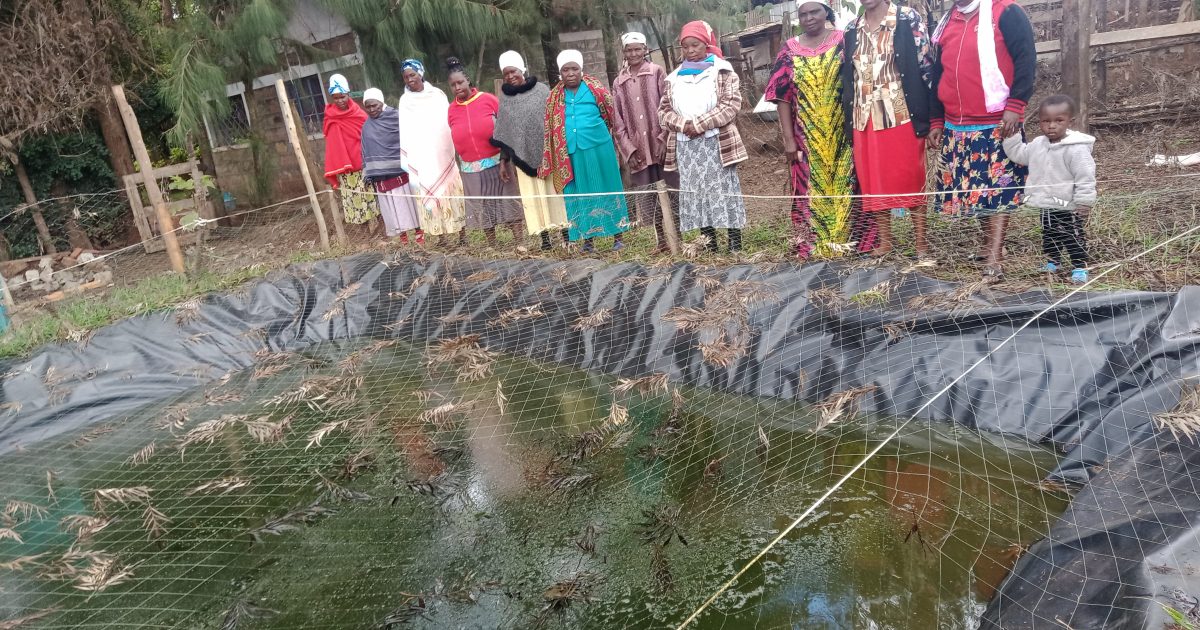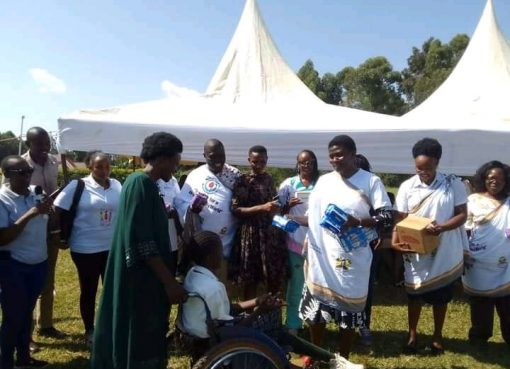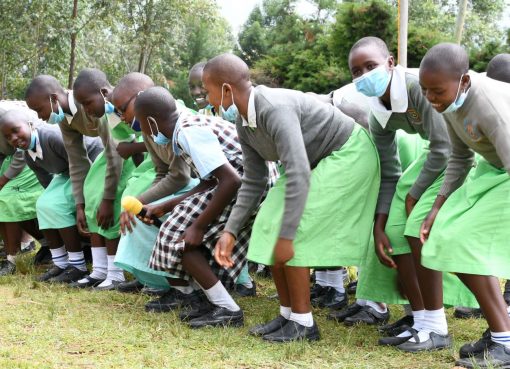A group of farmers from Kagaa, in Kenol, Murang’a county have embraced fish farming that has immensely boosted their livelihoods, while they strive to enhance food security.
The ten farmers who are members of Kemuka Self-help group, which started in 2017 as a poultry rearing project, have withstood the test of time and each currently owns a fish pond.
Ruth Wairimu, the group chairperson observes that with funding from the government’s kitty to micro-finance groups, the ten members were able to construct a fully lined fish pond which was stocked with 200 tilapia fingerlings by the County Fisheries department.
“In December 2021, we received Tilapia fingerlings which does well in this climatic condition and does not require a lot of labor to manage apart from the occasional cleaning of the ponds and daily feeding, and matures in just eight months,” she says
The farmers also received training on fish care, rearing and value addition from the fisheries department.
“Our aim as a group is to improve our lives by consuming the fish ourselves and selling the surplus because we cannot underestimate the nutritional benefit that fish offers,” observes Elizabeth Wamaitha, a member and also a fish farmer.
“If we have to end hunger and all forms of malnutrition and increase food production in the country, then aquaculture is the way to go,” states Wamaitha
Among other numerous health benefits, fish is known to contain vitamin B12 which is crucial for the growth of healthy red blood cells, DNA reproduction and nerve function.
Consuming enough fish is linked to lower risk of dementia, heart diseases, improved brain health and decreases the risk of depression.
The farmers who meet occasionally to have a fish feast sell a kilo of Tilapia at Sh700. However, they say that it is not all rosy as the cost of supplementary fish feeds is threatening to push them out of the fish farming venture if intervention is not hastened.
“The cost of fish pellets is too high we have had to improvise homemade feeds, which do not guarantee healthy fish,” laments Joseph Mungai
“When we started fish farming, I would purchase the 25-kg bag at Sh3,500, but the same bag currently retails at Sh7000,” he adds
The farmers have now urged the government to lower the cost of production of the feeds or to train them how to manufacture the fish pellets as this will reduce the cost of buying the feeds and maximize their profits.
Agnes Wanjiru, another farmer notes that lack of clean water for the fish, especially during the dry seasons affects the quality and life of the fish and proposes the government to assist the farmers with water pans or tanks where they can harvest rainwater for use during the dry seasons.
Notably, all the farmers also grow vegetables and fruits by the fish ponds, which they irrigate using the pond water that is laden with nutrients required by plants.
By Florence Kinyua





